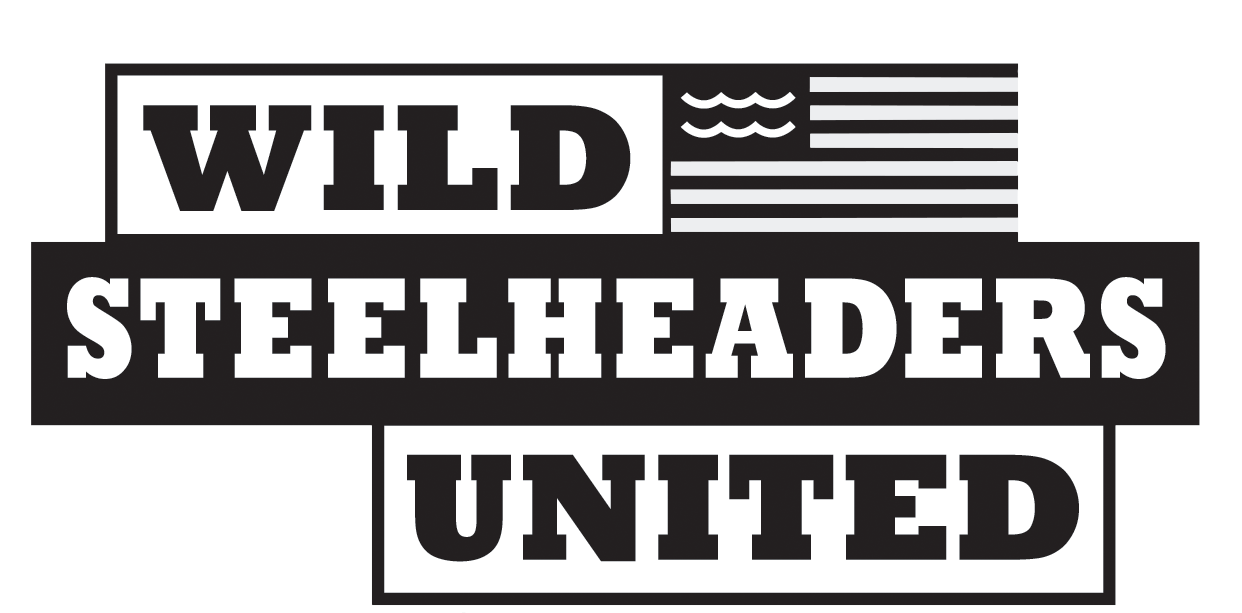By: Michael Gibson
The decision by the Idaho Fish and Game Commission to open harvest of hatchery steelhead despite record low returns may seem like a good thing for anglers, but it surely presents challenges for wild fish.
In the upper Columbia Basin, we are arguing over the crumbs while the cake gets eaten downstream. In this metaphor, the crumbs are the modest difference in mortality of wild steelhead caused by catch and release fishing here in Idaho. The cake represents countless obstacles caused by hydropower systems, global warming and spotty ocean conditions needed for true recovery of wild steelhead.
Removing steelhead raised in hatcheries helps reduce genetic impacts on wild fish, but also increases the number of anglers on Idaho’s rivers and the likelihood wild steelhead will be caught. While anglers are required to release wild fish, there is mortality associated with catch and release fishing and it can reduce spawning success.
With the number of fish so low, especially highly prized B-run steelhead that inhabit the Clearwater River, it is concerning to take the risk of impacting future runs. A majority of steelhead anglers submitted comments to Idaho Fish and Game indicating they would be willing to forego harvest this year to protect the future, but the commission ignored the offer.
Angler harvest and catch and release mortality, however, could be the least of the obstacles facing steelhead recovery in the Northwest.
Last week in Washington, D.C., the House Natural Resources Subcommittee of Water, Power and Oceans discussed a bill that would block any changes for providing more water for migrating steelhead and salmon starting in 2018. These increased flows help juvenile fish make the long journey from Idaho to the ocean.
HR 3144, if passed as worded, would release dam operators from requiring increased releases of water for five years. It would also put the brakes on the ongoing NEPA process, undertaken in 2017, that evaluates the entire Columbia Hydropower System’s impact on fish.
Trout Unlimited councils from the four Columbia Basin states recently sent a letter to leaders of the House Natural Resources Committee opposing HR3144.
“The Columbia Basin’s wild salmon and steelhead simply can’t afford the failed status quo for another five years, which would put at grave risk not only the fish and the people who depend on them, but also would undermine the nation’s huge investments in salmon and steelhead recovery to date,” reads the letter. “We need to shift our attention to identifying and implementing actions that truly have potential to make the major gains necessary to rebuild wild salmon and steelhead, and to do so in a manner that provides the greatest benefits to the people of the Northwest.”
If we succeed in doing that, we can have more consistent fisheries in Idaho. If we don’t, we will continue to lurch from crisis to crisis with an increasing likelihood that steelhead seasons will be closed or severely curtailed in the future. That is not good for Idaho’s anglers, fishing dependent businesses and certainly not wild steelhead.
The Snake River Basin has some of the best remaining habitat in the lower 48. Trout Unlimited has spent millions of dollars to make that good habitat even better. But great habitat won’t help if steelhead cannot navigate the myriad obstacles getting to and from the ocean.
Trout Unlimited is working hard to remove those obstacles.


